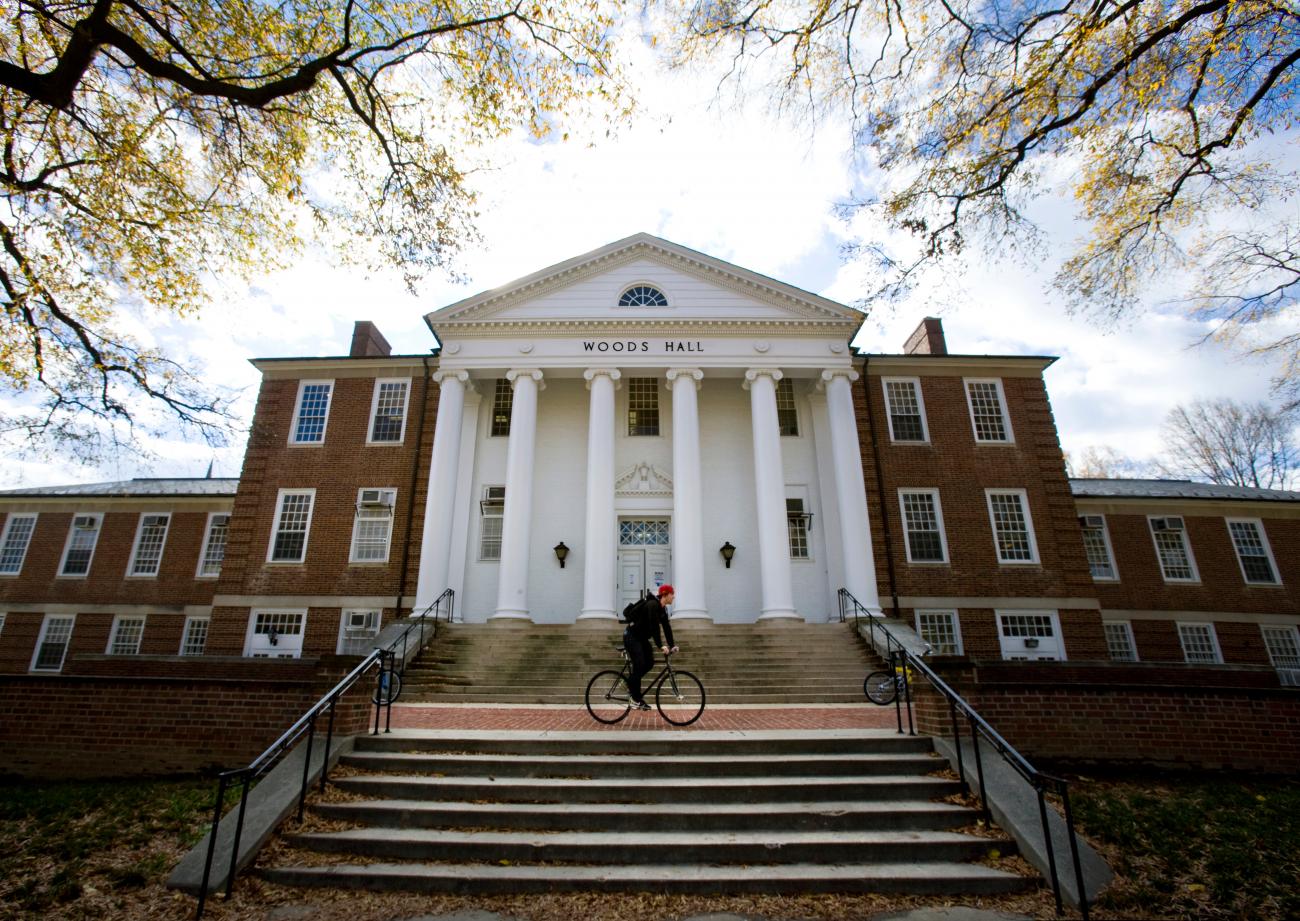Event Date and Time
-
Location
Online Webinar
Join CRACIA on Friday, March 5th at 3:00PM ET (20:00 GMT) for a discussion of the film ~Kiraiñia with director Juan Castrillón joined in conversation by Cubeo-Hehenewa anthropologist Orlando Rodríguez and Janet Chernela, co-director of the Center for Research and Collaboration in the Indigenous Americas (CRACIA) at the University of Maryland.This virtual event is co-presented by the Smithsonian's Mother Tongue Film Festival and CRACIA. Please plan to watch the film in advance of the discussion at the Mother Tongue Film Festival website: https://mothertongue.si.edu
Join the virtual meeting through the following link:
https://ucsc.zoom.us/j/94782609655?pwd=dzB0aldZTHFsbzZpVFMramFUSjZqUT09
https://ucsc.zoom.us/j/94782609655?pwd=dzB0aldZTHFsbzZpVFMramFUSjZqUT09
~Kiraiñia (Long Flutes)
Juan Castrillón, University of Pennsylvania
From the director:
~Kiraiñia (Long Flutes) is an essay film about how an instrument sounds like. The film is a deep immersion into the process of remaking instruments and affect in Camutí (Joroda Kipori), an Indigenous community living at the Vaupés River Valley in Southern Colombia. ~Kiraiñia (Long Flutes) is a film that came out from multimodal research in Northwest Amazon. From its scholarship approach, the film breaks with the factual perspective of ethnomusicological films about instruments, opening a cinematic dialogue informed by Emi-Hehenewa nonlinear linking and storytelling. This film renders the resilience of the Cubeo Emi-Hehenewa community to assemble emotion and memory out of ritual and expressive practices after being prohibited and pulled them apart by Catholic and Protestant missionaries during the mid-nineteen fifties in the Vaupés region, Northwest Amazon. In its essayistic gesture, the film puts together broken pieces of the everyday shared by an ethnomusicologist and an indigenous community in their common attempt to remember and retell how ~Kiraiñia long flutes sound like. The film aims to re-pair the multilingual, perspectival and thought-provoking exchange between indigenous and non-indigenous audiences, rendering a cinematic language that is respectful of indigenous standpoints, and also open to contemporary debates akin to hybrid audiences.
If you cannot join, the event will be recorded and available for the duration of the Mother Tongue Film Festival 2021.



